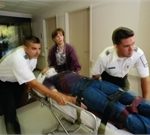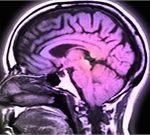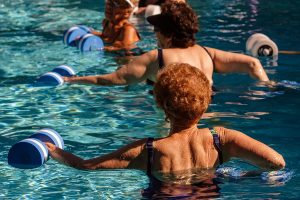
If you want to slow down the aging process, it might not hurt to replace whole milk with skim, new research suggests. The study of over 5,800 U.S. adults found that those who regularly indulged in higher-fat milk had shorter telomeres in their cells — a sign of accelerated “biological aging.” The findings do not prove that milk fat, per se, hastens aging, stressed researcher Larry Tucker, a professor of exercise sciences at Brigham Young University in Provo, Utah. But the study does lend support to what U.S. dietary guidelines suggest for adults: If you’re going to drink cow’s milk, opt for low-fat or skim, Tucker said. Telomeres are bits of DNA that sit at the tips of your chromosomes — like the plastic caps at the ends of a shoelace. In essence, they help keep the chromosomes from fraying and sticking together. As people age, their telomeres gradually get shorter, and research has linked shorter telomere length to a higher risk of developing and dying from infections, cancer and heart disease. “A variety of lifestyle factors are also related to telomere length,” Tucker said. Obese people, for example, tend to have shorter telomeres than lean people, as do smokers versus nonsmokers. And people who eat lots of fiber, vegetables and fruit typically have longer telomeres than those who shun those foods. So for the… read on >



































